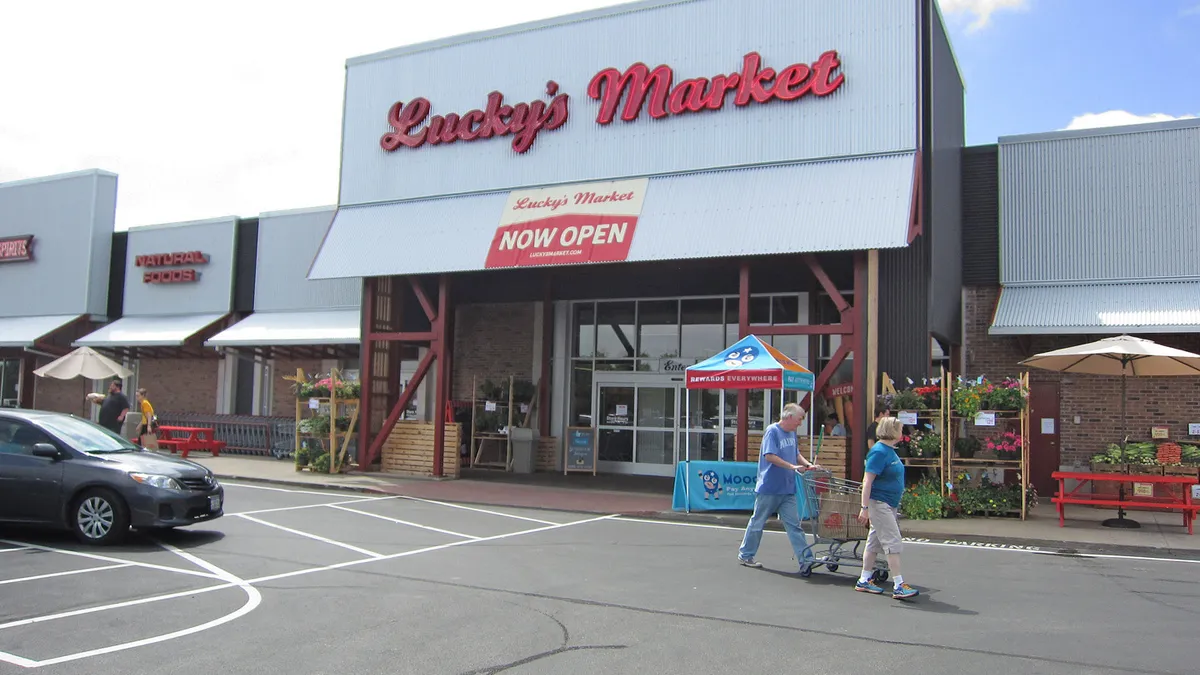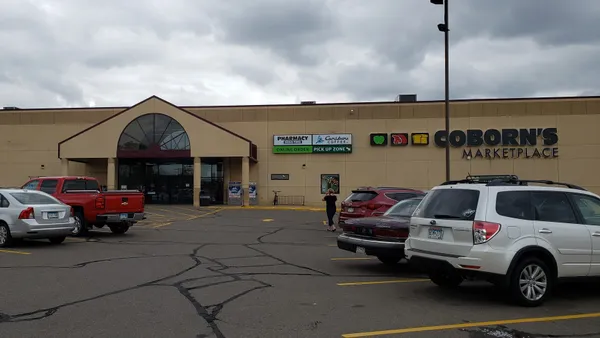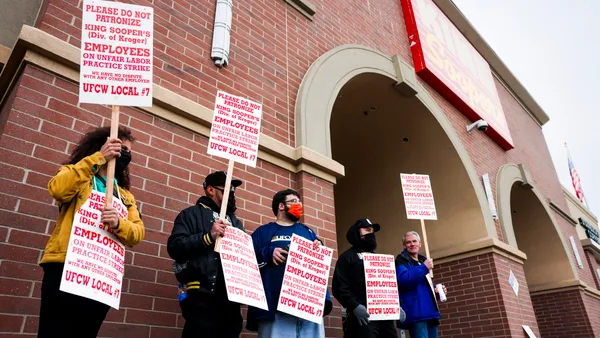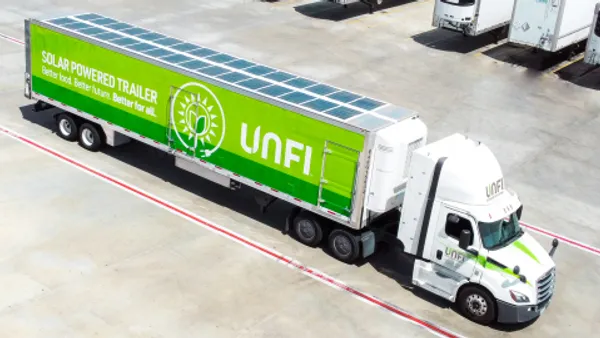Dive Brief:
-
Lucky’s Market plans to close 32 of its 39 stores, including all but one of its Florida locations, according to the South Florida Sun-Sentinel and other outlets. The move comes less than two months after Kroger announced it would discontinue its investment in the specialty chain.
-
Lucky’s will reportedly close 20 of its Florida stores by Feb. 12, leaving a single location in West Melbourne open. The chain will also close its distribution center in Orlando, and will not open 14 stores it had under development in the state.
-
According to local news reports, the seven stores that will remain open are located in: Fort Collins and North Boulder, Colorado; West Melbourne, Florida; Traverse City, Michigan; Columbia, Missouri; and Cleveland and Columbus, Ohio. A representative for Lucky’s has not returned Grocery Dive’s request for comment.
Dive Insight:
The closure of so many stores coming on the heels of Kroger’s exit indicates just how crucial that company’s strategic investment was to Lucky’s. When Kroger announced the tie-up in 2016, Lucky’s had 17 locations. It has more than doubled that footprint to 39 locations — including a boom in Florida stores — and had many more in the pipeline.
When Kroger announced its divestiture last month, CEO Rodney McMullen said Lucky’s would require too much of an investment to become a meaningful contributor to Kroger’s bottom line.
"We just didn’t think it created a good return for the investments that we needed to be made relative to that," he noted during the company’s third-quarter earnings call. "It was really driven by narrowing our focus and the additional requirements to make it something that would be meaningful to Kroger."
Established in 2003 by husband-and-wife team Bo and Trish Sharon, Lucky’s focuses on reasonably priced, locally sourced natural and organic products and markets a fun, down-to-earth image. The chain has beer on tap at many of its stores and promotes shoppers having a drink while they shop. It sports the tagline "Organic for the 99%."
Lucky’s got its start in Colorado, but it expanded quickly beyond the state’s borders and targeted markets with a high density of young consumers, in particular college towns. That approach gained a loyal following for Lucky’s — but it wasn’t a smart strategy, said Neil Stern, senior partner with consulting firm McMillanDoolittle.
“If you’re thinking about how to run 35 stores well, you would never do it this way,” he recently told Grocery Dive.
Operating so many far-flung stores is difficult to do when you’re a small chain, Stern said, and Lucky’s often compounded this problem by opening in markets that were already saturated with competitors. In Florida, Lucky’s had to contend with Publix, which has more than 800 stores in the state, along with Aldi, Earth Fare and Sprouts Farmers Market.
“If you had 100 stores in Florida within five years, it’s not a problem,” Stern said. “But when you’re a Colorado chain and you have stores scattered across Florida, then it is tough.”
Stern said Lucky's could potentially be acquired, but he said logical choices like Sprouts Farmers Market and The Fresh Market are also retrenching and not in expansion mode right now.













